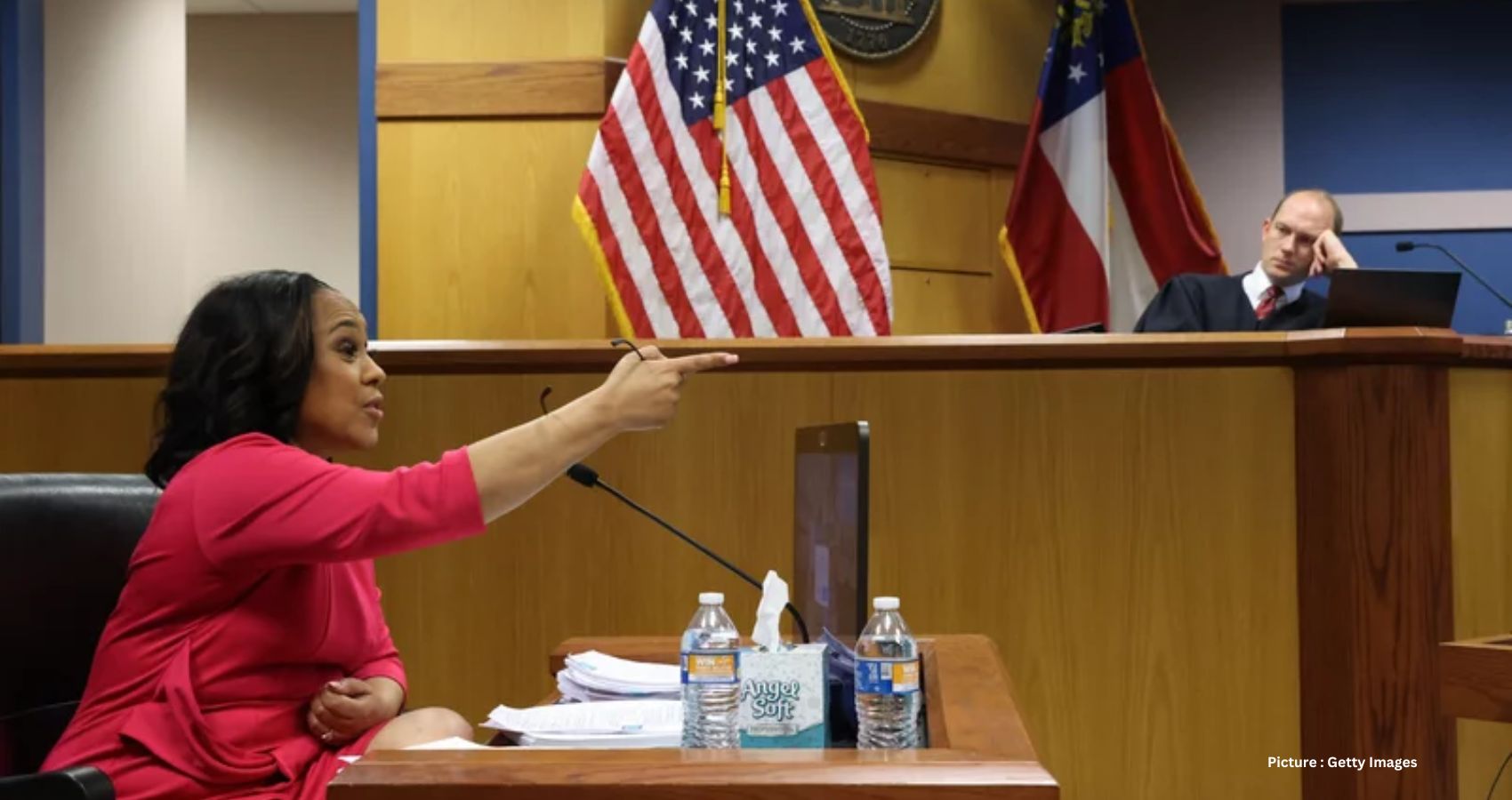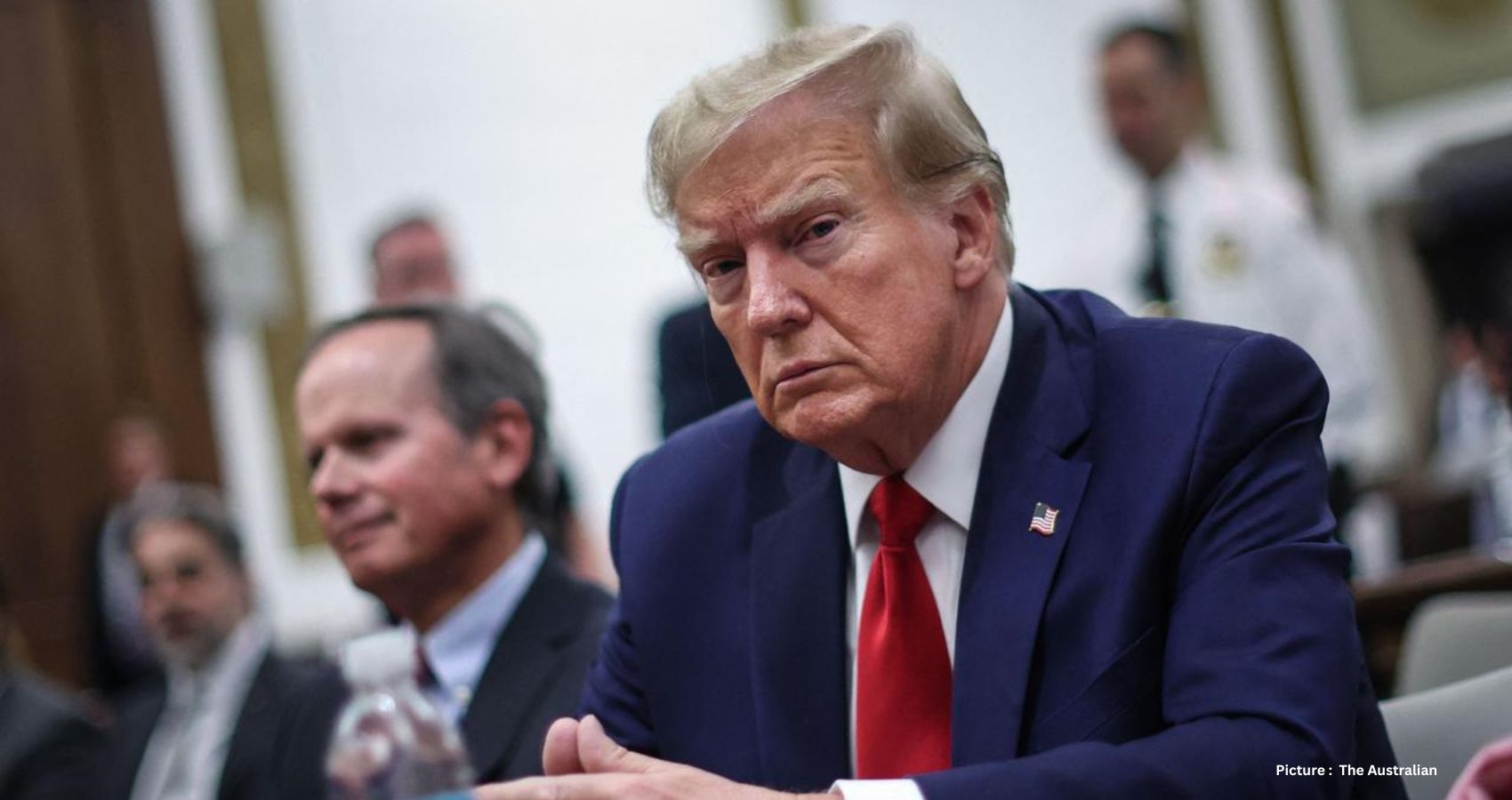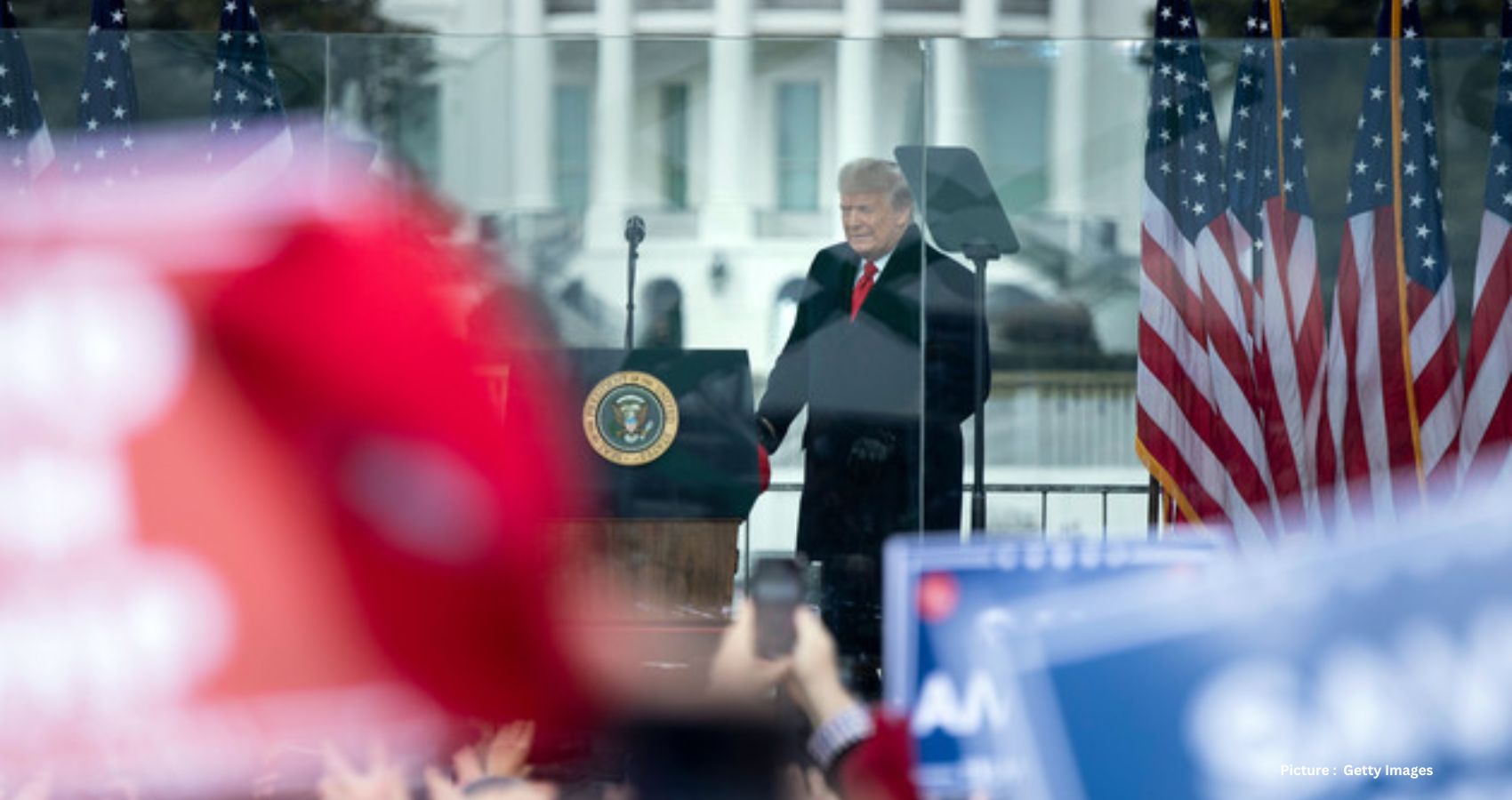Fulton County District Attorney Fani Willis has accepted the resignation of Nathan Wade, her top special prosecutor in the former President Donald Trump’s election interference case. This move comes after a Georgia judge made Wade’s stepping aside a condition for Willis to remain on the case, further solidifying the prospects of 15 defendants, including Trump, facing trial in Georgia for their alleged roles in attempting to overturn the 2020 election result.
The decision stems from a 23-page ruling by Fulton Superior Judge Scott McAfee, following extensive courtroom testimony. McAfee ruled that while Willis’ romantic involvement with Wade didn’t necessitate disqualification, it created an appearance of conflict of interest. McAfee emphasized the importance of maintaining the perception of impartiality in legal proceedings, stating, “an outsider could reasonably think that the District Attorney is not exercising her independent professional judgment totally free of any compromising influences.”
McAfee provided a clear directive, giving prosecutors an ultimatum: either Wade resigns from the case or Willis must step aside and refer the prosecution elsewhere. Willis, in accepting Wade’s resignation, commended him for his professionalism.
This development signifies a significant juncture in the ongoing investigation into efforts to undermine the 2020 election result in Georgia. Willis, the first Black woman elected district attorney in Fulton County, has been at the forefront of this case, which has garnered national attention. Despite expected appeals, the focus can now shift back to advancing the case towards trial.
The case, which revolves around alleged attempts by Trump and his allies to overturn Georgia’s election result, has seen various twists and turns. Willis’ utilization of Georgia’s racketeering law and her courtroom prowess have been notable features of the proceedings. The indictment, initially involving 19 individuals, was handed up by a grand jury last August.
Challenges arose earlier when former Trump campaign official Michael Roman accused Willis of misconduct, alleging financial impropriety related to her relationship with Wade. However, McAfee’s ruling found no evidence that Willis’ conduct influenced the case’s progression.
While McAfee acknowledged the seriousness of the situation and criticized the handling of certain aspects of the case, he deemed disqualifying Willis unnecessary, opting for a less drastic remedy. McAfee’s measured approach reflects his reputation for managing complex cases with impartiality.
Trump’s lawyer, Steve Sadow, expressed disappointment with the decision, reiterating their intention to explore all legal avenues to end the case. Meanwhile, the district attorney’s office has yet to respond to McAfee’s order.
Despite the decision, the controversy surrounding Willis and Wade’s relationship could have lasting repercussions. Georgia Republicans have initiated several investigations into Willis for alleged misconduct, potentially undermining public trust in her and the case itself.
As the legal proceedings continue, potential jurors may be influenced by the ongoing drama, raising questions about the integrity of the prosecution. While some defendants have already pleaded guilty, a trial date for the remaining defendants is yet to be determined, as McAfee grapples with the logistical challenges posed by the case’s complexity and the involvement of a former president.




